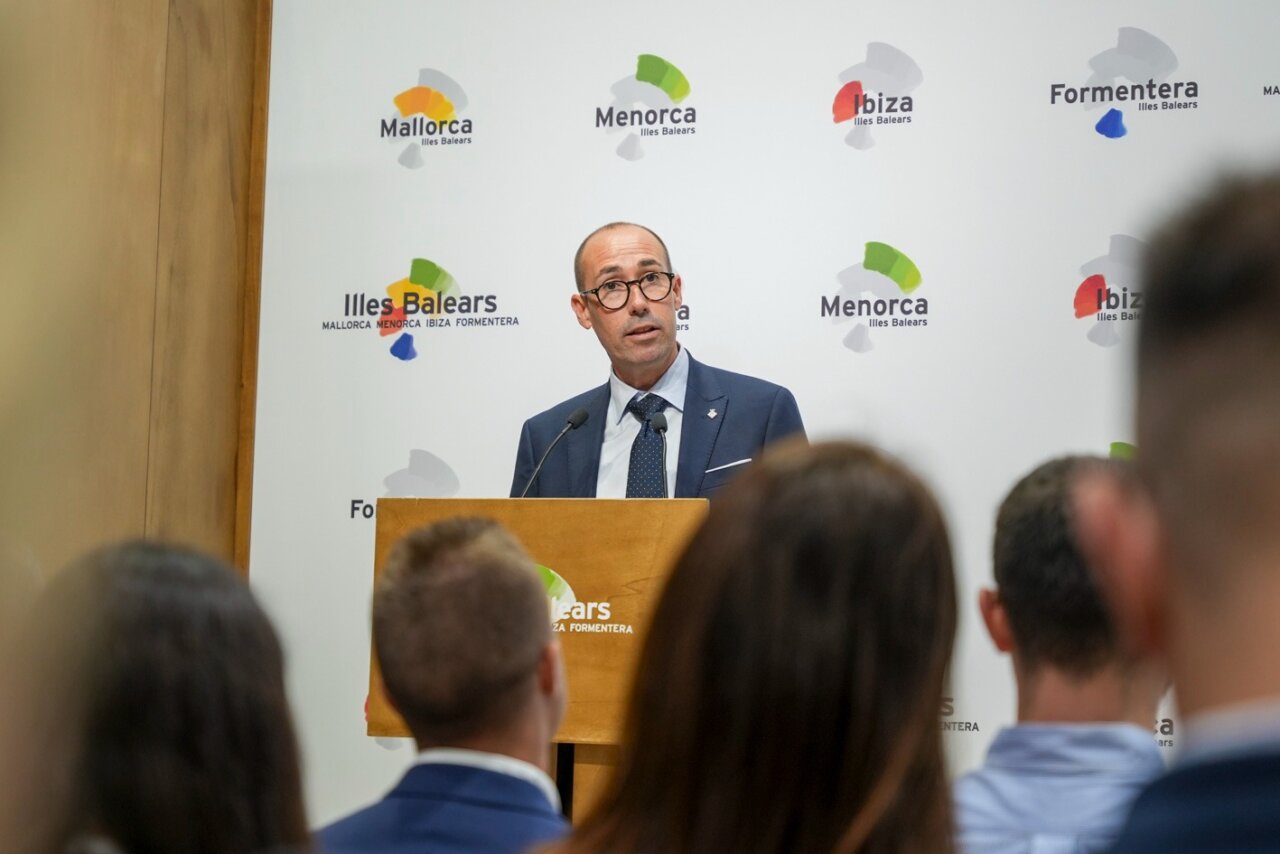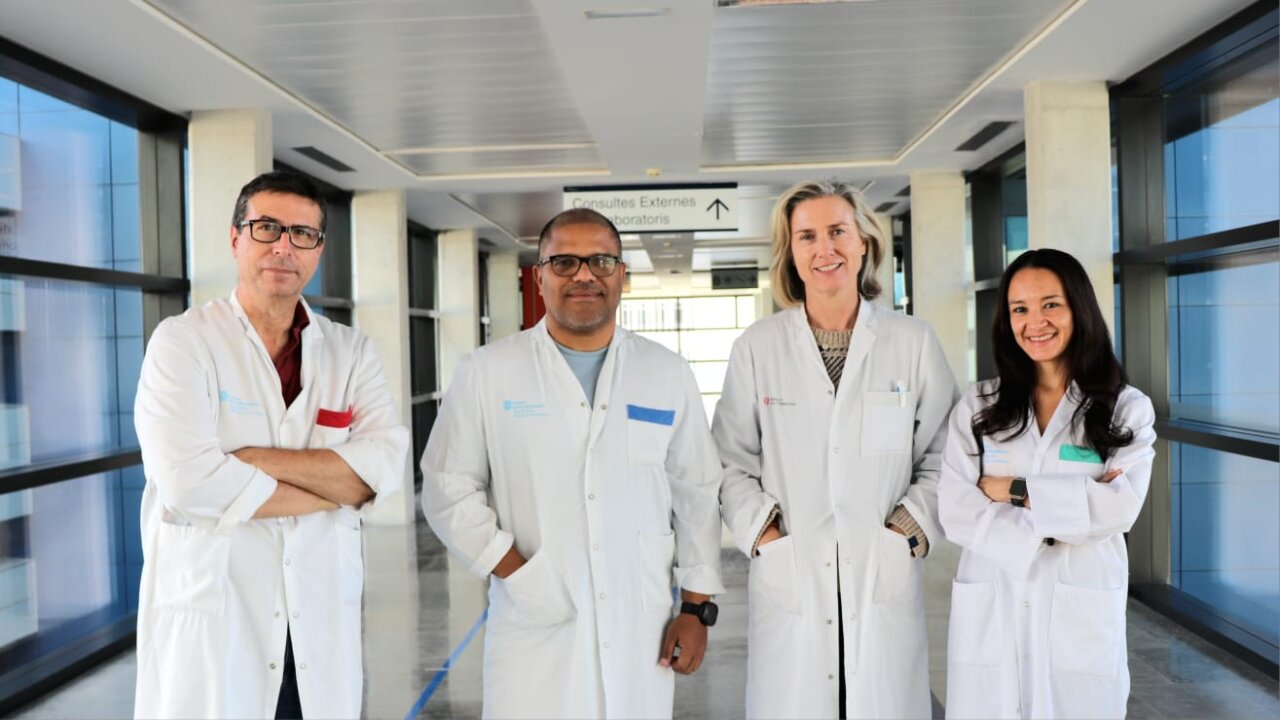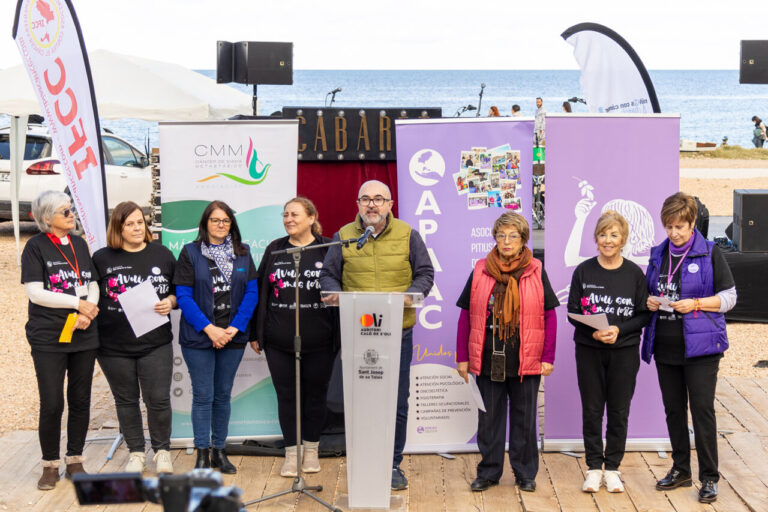A Spanish multicenter study is challenging one of the current paradigms in the treatment of prostate cancer. The ‘URONCOR 06-24’ clinical trial, developed in 17 hospitals in the country, seeks to demonstrate that a hormonal treatment of only six months after surgery can offer the same results as the usual 24-month treatment, while reducing side effects and improving patients’ quality of life.
Coinciding with Movember, the international month dedicated to raising awareness of men’s health, the researchers of the project, promoted by the research initiative of the Spanish Society of Radiation Oncology (IRAD-SEOR), have shared promising preliminary data. As they explain, the first results show that the evolution of the patients has been positive and without relevant complications.
Shorter treatment with fewer side effects
Hormonal treatment, which is administered together with radiotherapy when the disease becomes active again after surgery, has proven to be effective in controlling prostate cancer. However, its usual duration (two years) involves a number of significant side effects that affect patients’ quality of life.
Among them, experts mention persistent fatigue, loss of muscle and bone mass, metabolic and sexual alterations, emotional impact and cardiovascular risks. Reducing its duration to just six months could drastically reduce these complications and facilitate a faster recovery.
The study, which has already enrolled more than 240 patients and expects to reach 534 in total, could mark a turning point in the approach to this disease, which is the second most frequent type of cancer in men worldwide.
Encouraging results for patients
The researchers emphasize that the preliminary results are “very encouraging”. In most cases, the evolution of the patients has been positive, with good control of the disease and no serious side effects.
Felipe Couñago, principal investigator of the trial and medical director of GenesisCare Spain, explains that this line of work could lead to a relevant change in clinical practice: “We are seeing that patients tolerate the shorter treatment well, without major complications, and with good disease control. If this is confirmed in the next analyses, we will be looking at a real opportunity to improve care and reduce the impact of treatment on patients’ daily lives.”
The researchers hope that reducing the duration of treatment will not only maintain therapeutic efficacy, but also allow patients to return to their usual activity sooner and with less physical and emotional sequelae.
A trial with scientific backing and international projection
The ‘URONCOR 06-24’ trial has received the backing of the scientific community and three IRAD-SEOR grants awarded in the last four years. The most recent one was awarded this November during the national symposium of the Spanish Society of Radiation Oncology, which reinforces the sector’s commitment to this type of innovative research.
In addition, the study is officially registered on ClinicalTrials.gov (NCT05781217), one of the main international clinical trial platforms, which guarantees the transparency and methodological rigor of the project.
“Having 17 centers working together on a common objective is an example of the high scientific level we have in Spain,” added Couñago. “These types of studies not only seek to advance treatment, they also demonstrate our ability to lead projects that can change clinical practice.”
Movember: raising awareness about men’s health
The presentation of the progress of the ‘URONCOR 06-24’ trial coincides with the international Movember movement, an initiative that every November seeks to raise awareness about men’s health, especially prostate cancer, testicular cancer and mental health.
Prostate cancer affects thousands of men in Spain every year, being one of the most common diagnoses. However, thanks to early detection and advances in treatments such as surgery, radiotherapy and hormonal therapies, survival has improved significantly in recent years.
Scientists insist that the key is to continue to innovate and to personalize treatments. Reducing the duration of hormone therapy, if confirmed by the study results, could become a measure that combines clinical efficacy and personal well-being.
A potential revolution in radiation oncology
If the results of the trial are confirmed, Spain could be facing one of the greatest recent scientific contributions in the field of radiation oncology. A shorter treatment, equally effective and with fewer adverse effects, would mean a radical change in the way prostate cancer is approached.
The medical community hopes that definitive data will become available in the next few years and that they can serve as a basis for updating international clinical guidelines. If so, thousands of patients could benefit from less invasive treatments that are more compatible with their daily lives.











